Alkaline water is the new rage in the world of hydration.
But the question is, is alkaline water for babies, and what exactly is alkaline water?
Alkaline water is water with a pH level of 8.5 or higher, which means it has a high alkalinity concentration and can help balance the body’s pH levels.
It’s also been shown to help treat various health issues.
Alkaline water is also called ionized water. It has been proven beneficial to human health as it balances your body’s pH and helps with detoxification.
In addition, drinking alkaline water can help reduce inflammation, prevent cancer, improve metabolism, and even boost your mood.
In this article, we will answer all questions you might have so that you can understand how beneficial alkaline or ionized water can be for your baby.
But first, we would like to explain what you usually drink in ordinary bottled water.
What do the Chemical Symbols on the Packaging of the Bottled Water Mean?

It is up to you to decide which water to drink. But you must know that not all waters are the same. Their quality, apart from their origin, determines the composition of the minerals in them.
It is known that the lack of certain minerals in the body can harm human health. However, the body must not be burdened with minerals.
Their excessive presence also harms health, so only water with less than 500 mg/l of dry residue (minerals) can be found daily and for the whole family.
And it is ideal if they have a dry residue of around 300 mg/l.
Since these waters are more accessible for the body to accept, they benefit the health of all population categories. They can completely replace ordinary drinking water, which is different from waters with a higher degree of mineralization.
Waters with a dry residue value over 500 mg/l are too saturated.
Their intake should be limited. It is often necessary to consult a doctor because most highly mineralized waters contain the most sodium, a hypertension risk factor.
Water with a meager value of dry residue (below 50 mg/l) is tasteless, bland, and not drinkable. Even drinking it does not get enough of the minerals we need.
Just as in life, it is necessary to find a balance, so a balanced ratio of ingredients is much more important than the quantity with mineral water.
Likewise, mineral water with a specific proportion of minerals has multiple positive effects on the human body. The absorption of a single mineral largely depends on the number of other minerals in the body at that moment.
You should know that the body gets 80-90 percent of the necessary mineral substances from food and the rest (10-20 percent) from water.
So, before you decide which water to buy for yourself and your family, look at the mineral concentration on the bottled water label. Their effect on the body is different.
Calcium
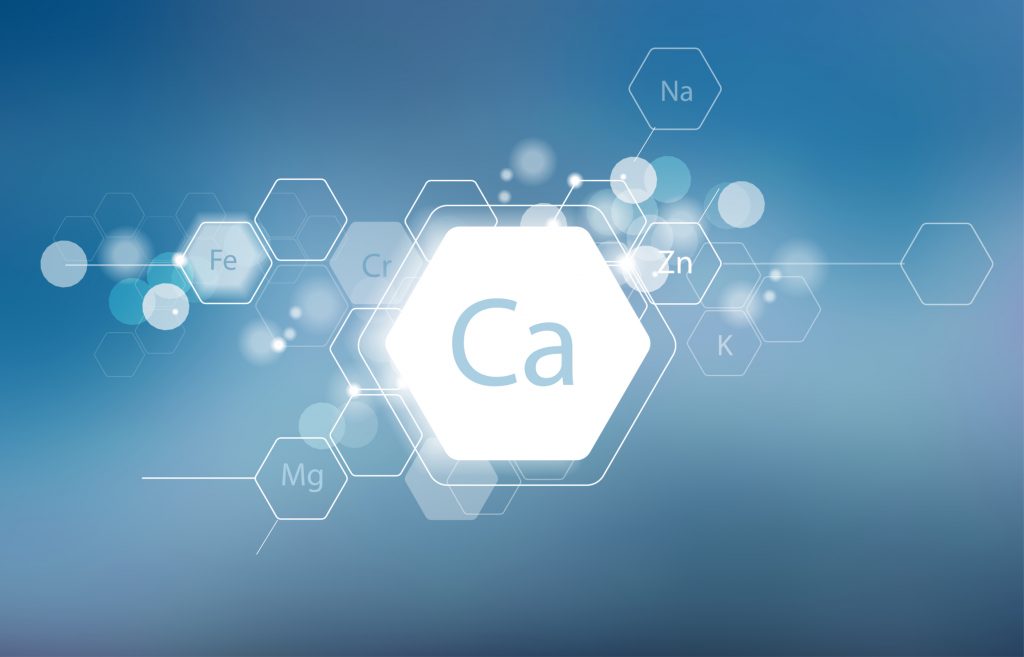
It is a vital macroelement that ensures the body’s normal functioning together with magnesium, but only if their ratio is approximately 2:1 and their sum does not exceed 150 mg/l.
Suppose one of these two minerals is present in a higher concentration. In that case, it prevents the absorption of the other and leads to their deposition in the organism.
Calcium is crucial for strong bones and teeth, especially in children.
Building bones at a young age affects what kind of bones we will have in old age.
In addition, calcium reduces sensitivity to allergies, especially to the sun. Calcium ions also affect the nervous system. If someone has too little calcium in their blood, they become anxious and fearful and quickly flare up.
Therefore, it is necessary for everyone under stress, especially athletes and business people. The latest research shows that it also protects against colon cancer.
Magnesium
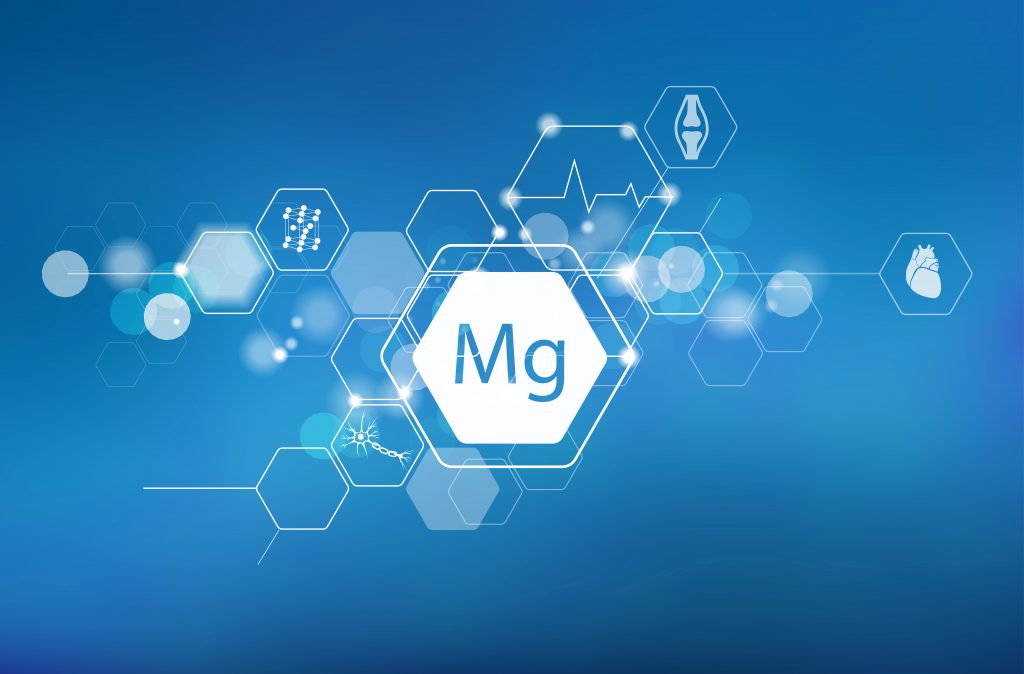
It is a critical element for the proper functioning of the human body, especially for the cardiovascular and nervous systems.
As a cofactor in more than 300 enzyme systems in human cells, magnesium has a strong position in normal myocardial function.
You should know that magnesium is responsible for the protective effect on the cardiovascular system and the mutual relationship between this mineral and calcium.
The magnesium level in drinking water should be at least 30 mg per liter. Water with a lot of magnesium should not be given to young children.
Sodium
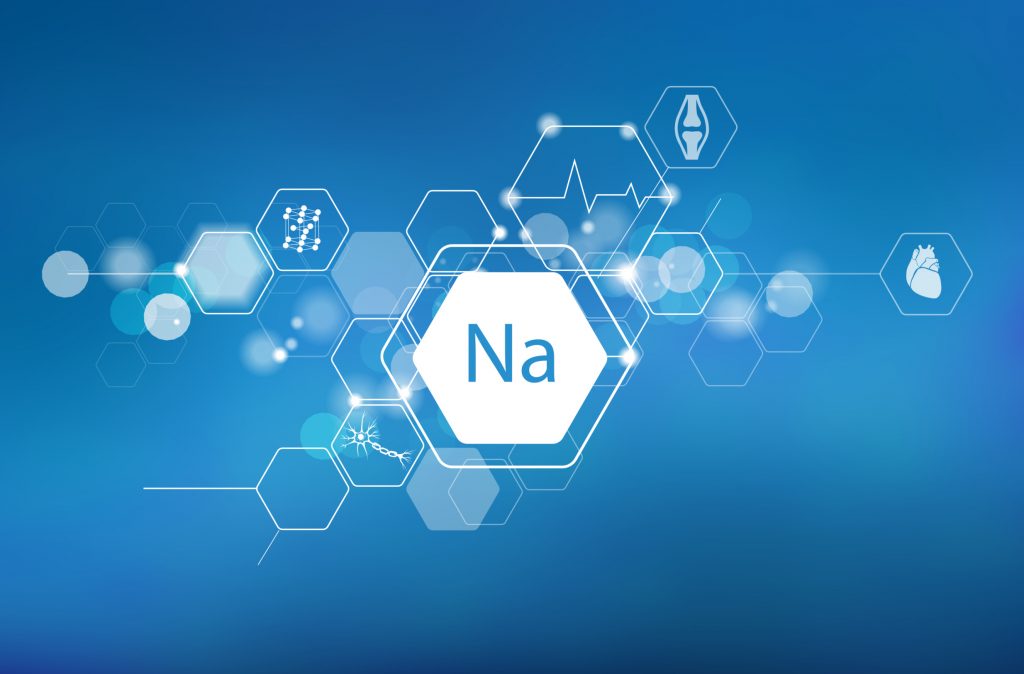
It is an essential element for the health and functioning of the organism. Still, in daily use, it should be at most 150 mg/l in water, and it is recommended to be below 50 mg/l.
This is because people suffering from cardiac, renal, and circulatory diseases and children with unformed kidneys are sensitive to increased concentration.
As we age, our sensitivity to sodium often becomes more pronounced. Most domestic bottled water has a high sodium content in its composition.
That is not good because its excessive presence prevents the loss of body fluids which leads to an increase in blood pressure, obesity, and the formation of cellulite.
Due to its harmful effects and the fact that we consume it 4 to 7 times more daily, care should be taken to reduce its intake as much as possible.
Potassium
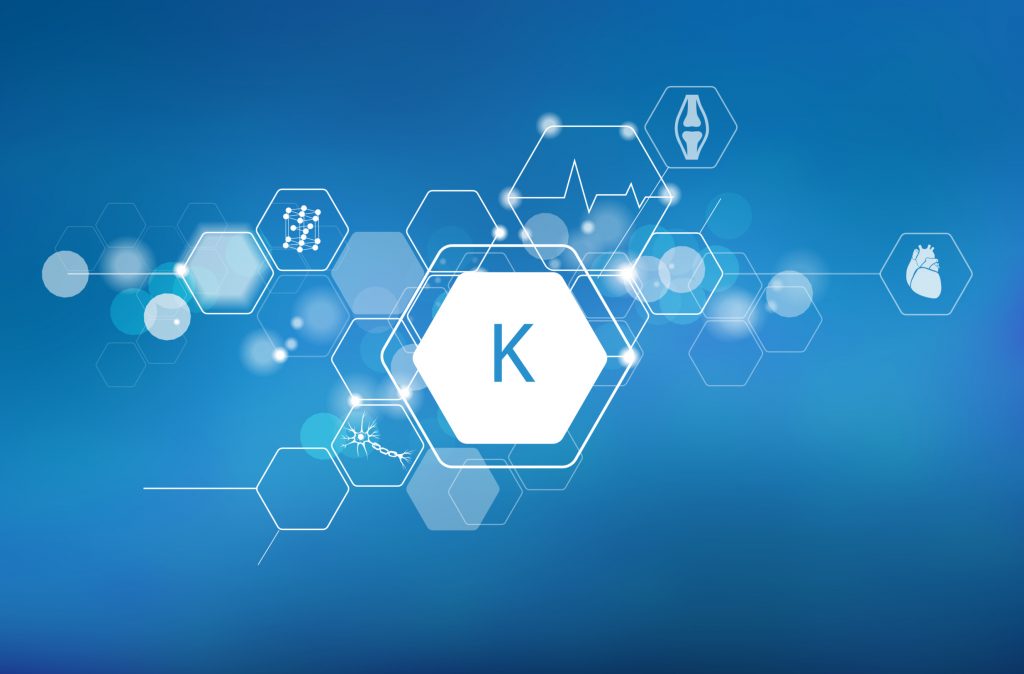
The body needs it, but its excess causes stress on the kidneys and even interrupts their work. Therefore, for daily use, you should only use water that has 12 mg/l or less.
Sulfates
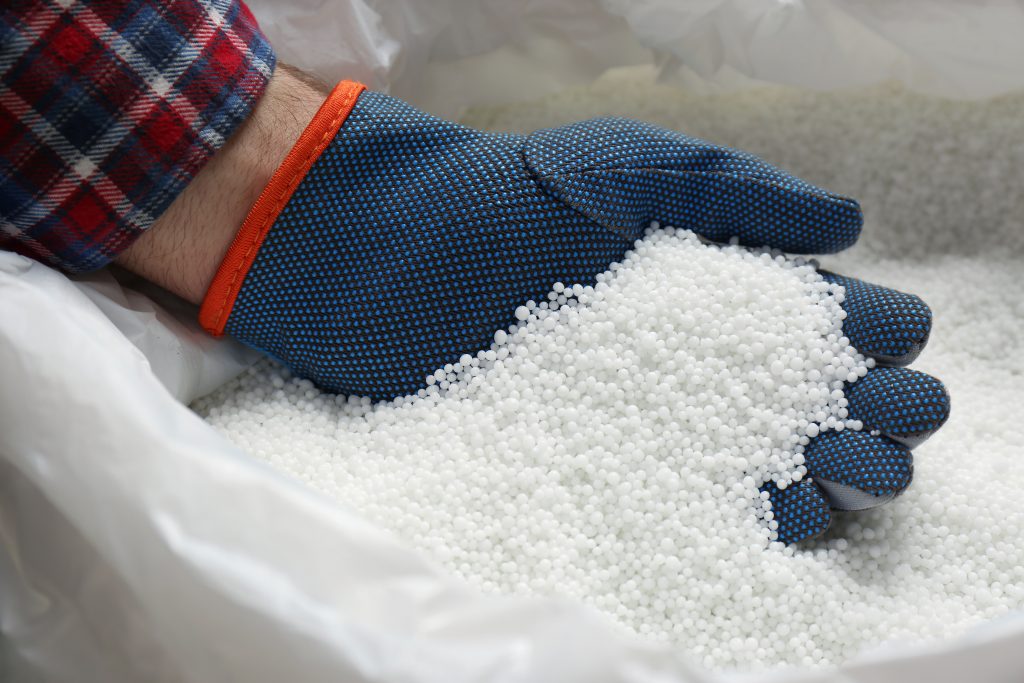
They are essential for preserving the health and vitality of cells, but in daily use in water, there should be at most 30 mg/l. High levels of sulfates can cause diarrhea and dehydration.
Chlorides
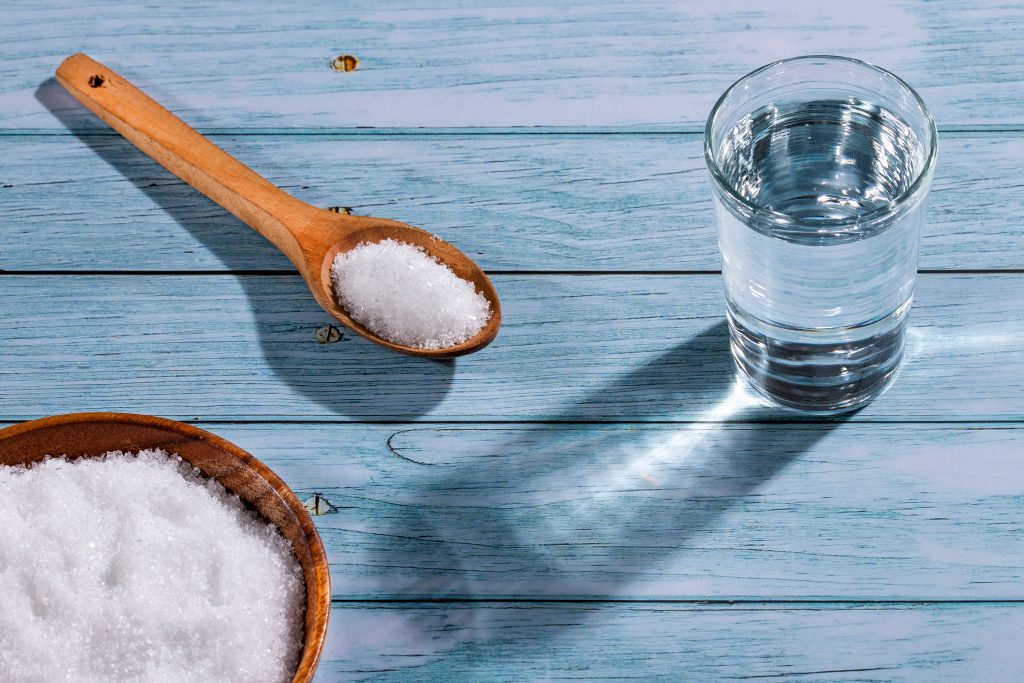
They help clean waste materials from the body by facilitating the functioning of the liver. They stimulate digestion. It helps keep you flexible. An average amount of table salt meets the daily need for chloride ions. Excessive intake of chloride can lead to certain
Most of us recognize the benefits of alkaline water and take it regularly.
Therefore, your next question might be whether you can use alkaline water for babies just like adults.
Of course, a good parent like you isn’t going to leave their children out of the loop, so it’s about time you see how safe and helpful drinking alkaline water can be for your little ones.
Health Benefits of Alkaline Water for Babies
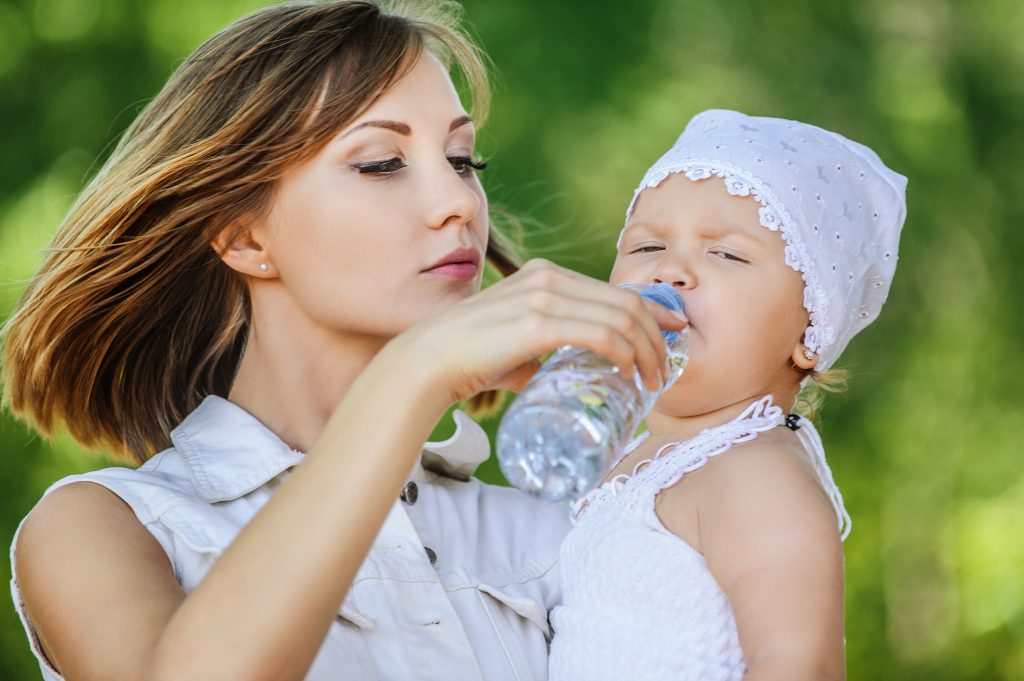
Alkaline water for babies and infants is suitable, but it’s not as simple as just giving them some to drink.
First off, you should know that the pH scale measures how acidic or alkaline a substance is. It ranges from 0 to 14: anything below seven is acidic, and anything above 7 is alkaline. Pure water has a pH of 7, which makes it neutral.
Now let’s talk about why alkaline water might be good for babies and infants.
It helps with digestion and absorption of nutrients in their diets, which can help them grow big and strong.
It also helps with kidney function, meaning less risk of kidney stones and other issues later in life.
And finally, it can help with skin health—because fewer free radicals are floating around in your body (which can cause acne), there will be less risk of wrinkles too!
So, how much should you give your baby? The recommended amount per day is:
–0-6 months: 4 cups; (keep in mind that breast milk is the best solution for this category)
-6-12 months: 5 cups;
–1-3 year: 6 cups;
–3-8 years: 8 cups;
–9+ years: 10 cups
Is Alkaline Water Good for Babies?
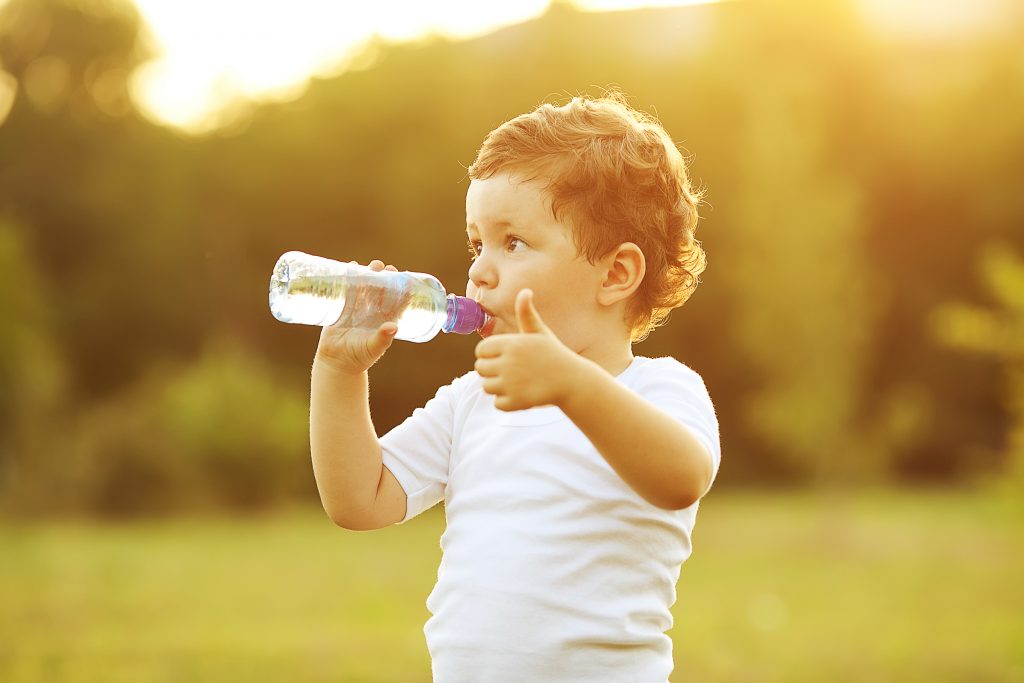
Yes, alkaline water is good for babies. It’s crucial to give your baby alkaline water when they are ill because it helps to neutralize the acidity in their body.
The best way to ensure that your baby is getting the right amount of alkaline water is to check the PH level of the water you give them.
Alkaline water has many benefits for babies and infants, including:
-helps neutralize acidity in their body when they’re sick
-helps reduce fevers by cooling them down
-is easier on their digestive system than regular tap water
-helps with constipation because it doesn’t contain any chemicals that might irritate their stomachs instead of relieving them
-is safe for them to drink without needing any extra filtering systems installed on your faucet or sink, like with other types of water, such as distilled.
Conclusion
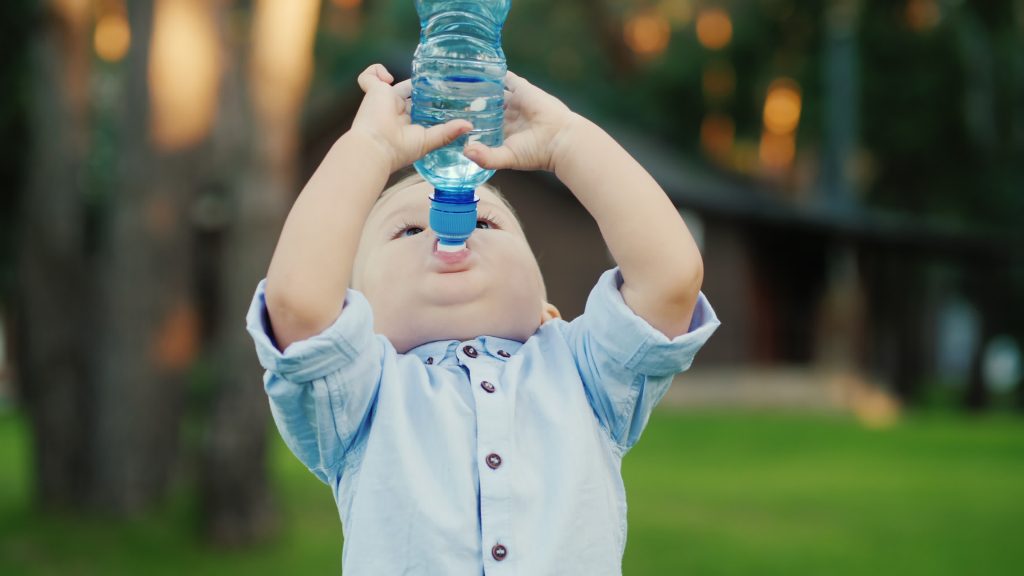
Alkaline water for babies is not a prescription.
Alkaline water provides all the necessary nutrients during your early baby or infant years.
The baclofen helps maintain typical stomach acidity and assists in the digestion and absorption of nutrients in the baby’s tummy.
Making babies and infants drink plenty of alkaline water (excluding other liquids) will increase their chances of maintaining a good level of pH balance, thus avoiding diarrhea and other stomach-related complications.
But, have in mind to consult the doctor before giving alkaline water to your baby and he will tell you if the alkaline water for babies is good.


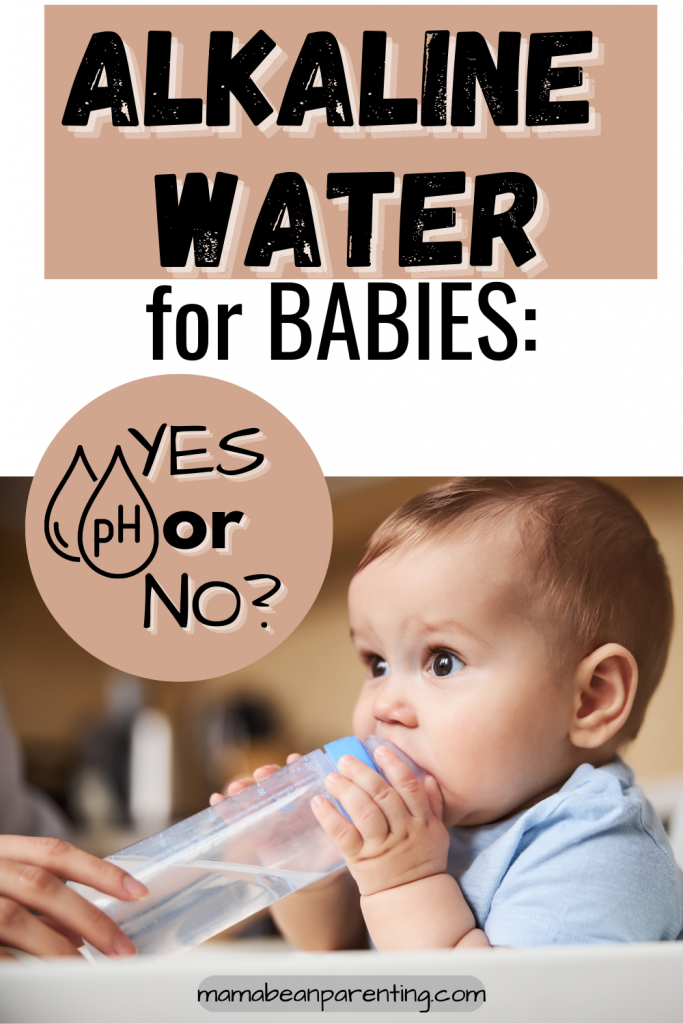
I Accidentally Gave My Newborn Water - Now What? • Mama Bean Parenting
Thursday 13th of April 2023
[…] If you want to know more about different types of water, you should look into distilled water or alkaline water for babies. […]
Can Babies Drink Distilled Water? Risks & Benefits • Mama Bean Parenting
Wednesday 18th of January 2023
[…] tap, bottled, purified, or alkaline water, distilled water is safest for […]